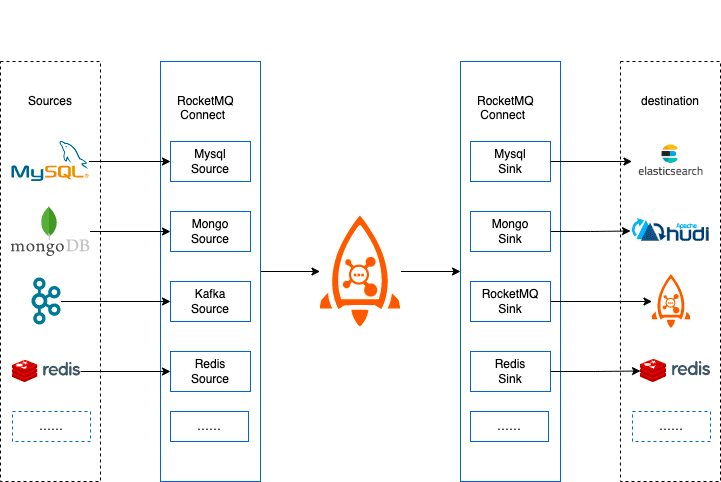
The realm of cyberspace is as vast and complex as the cosmos itself, with intricate systems and platforms like constellations dotting the digital skies. Apache RocketMQ is one such shining star, a distributed messaging and streaming platform known for its low latency, high performance, trillion-level capacity, and flexible scalability.
However, every star may harbour a hidden black hole. In Apache RocketMQ, the black hole takes the form of CVE-2023-37582, a lingering vulnerability threatening the secure performance of this reliable platform.

CVE-2023-37582 is like an uncharted comet cutting through the space of cybersecurity. Affecting Apache RocketMQ 5.0.0 through 5.1.1 and up to 4.9.6, this remote code execution vulnerability orbits around the RocketMQ NameServer component. Despite efforts to address this vulnerability in version 5.1.1, the comet’s tail persists, casting a shadow on the safety of the platform.
This lingering threat opens a wormhole for attackers, enabling them to potentially execute commands as the system users that RocketMQ operates under. The attack vector is born when NameServer addresses are exposed to the extranet and lack permission verification. Think of it as an unguarded space station allowing intruders to alter its operation.
Like a skilled pilot navigating through an asteroid field, an attacker can exploit this vulnerability using the NameServer component’s update configuration function, sending system-altering commands that could potentially disrupt or exploit the operations of RocketMQ.
Just as every space explorer has a trusty spaceship, users of Apache RocketMQ have a reliable tool to fortify their defences and navigate safely around this black hole of a vulnerability: upgrading their NameServer version.
The developers at Apache RocketMQ have charted a safe course to circumvent this issue. For those using RocketMQ 5.x, it is recommended to upgrade the NameServer to version 5.1.2 or above. For users of RocketMQ 4.x, the secure route lies in upgrading to 4.9.7 or above. Like a software starship reinforced with the latest technology, these upgraded versions can protect users from the potential impacts of CVE-2023-37582.